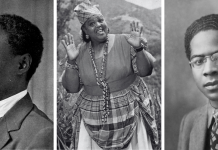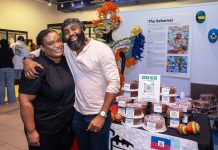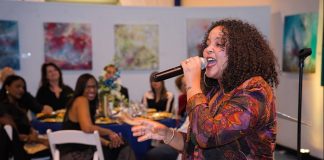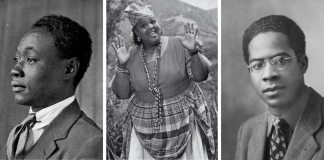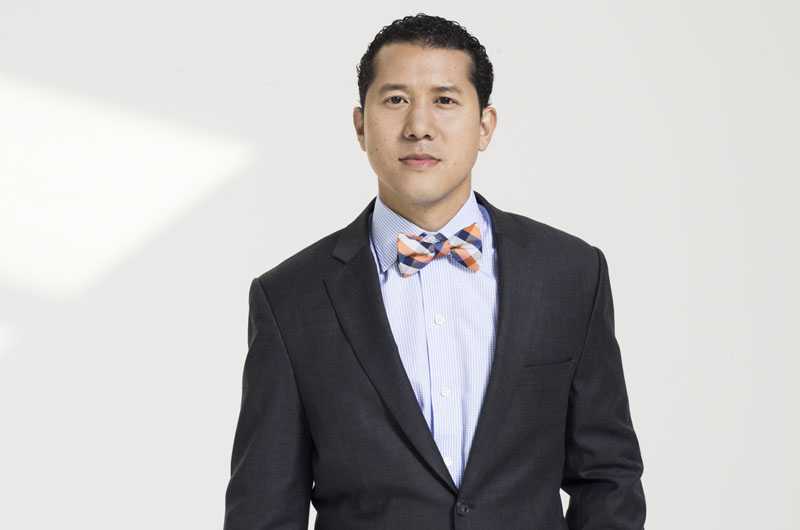
Writer: Earl Carr | Photography: Jordan Hollender
One of my favorite stories is called “The Parable of the Talents.” The story describes a master who entrusts each of his three servants with a sum of money while he is away. Upon his return, the master evaluates how well each servant invested his money. If the servant showed a return on investment, that servant was rewarded with more wealth. However one of the servants made no investment, and as a result had his wealth stripped and given to the others. The message here is that it is critical to our quality of life that we reap a return on our investments of time, resources and money.
By and large, the Caribbean American community is regarded as entrepreneurial, diligent and hardworking, but are we financially literate? Unfortunately, the majority is not.
A Lack Of Financial Literacy
In 2016, according to the National Capability Study nearly two thirds of Americans were unable to calculate interest payments correctly. About a third said they wouldn’t even know where to begin. In the Caribbean community, factors like a lack of financial knowledge, bad credit, significant student loans, and excess credit use especially for “wants” and not “needs”, all undermine effective wealth building.
In order to address this issue we have to first recognize the problem. Like an alcoholic, you have to admit that you have a problem to know you must seek help.
Knowing What You Don’t Know
Becoming aware of the need for financial literacy is a great first step. Your next step could be deciding to work with a financial advisor and developing short, mid, and long term financial goals. Depending on your situation, recommendations from your advisor might include contributing to a retirement plan at work, saving to buy a house for the associated tax benefits, establishing an emergency fund, and buying insurance if starting a family.
Other steps toward better financial literacy could include reading articles and books on wealth management from wellknown authors like Dave Ramsey, who wrote the New York Times Bestseller “Financial Peace.” One of Ramsey’s suggestions is for parents to have children pay a percentage of their college tuition. This way, the college students take ownership and are more invested in the process. A popular TV show hosted by Suze Orman provides advice on how to take charge of your personal finances at all levels of your career.
Now more than ever the good news is that there is a plethora of resources to help people gain more basic knowledge on financial literacy. For example, two recently developed online games called Payback and Spent help individuals better track loan obligations.
Eyes On The Prize
Taking concrete steps to change how we think about wealth is important. But there are other critical steps and habits we need to inculcate as well. Ensuring that at an early age, children develop good habits like doing chores around the house in exchange for some type of monetary compensation, or obtaining a part time
job, helps them understand that there is no such thing as a free lunch.
I am blessed to have a wife (Johanna Pan-Carr) who consistently reinforces this with our kids.
I learned early on in life what it was like to live with limited financial resources. I was born in Panama. My father is Jamaican, my grandmother was a seamstress. I grew up in a single parent household in New York City – a one bedroom apartment in which me, my sister and mother, slept on one bed.
When I was twelve, I wanted a $320 GT Performer bicycle I had seen in a store. My mother told me that if I wanted it I needed to get a part time job. I started delivering Chinese food after school and earned a salary of $5 dollars a day plus tips. In three weeks, I had earned over $400.
I had the greatest satisfaction walking into the store with wads of one and five dollar bills, and walking out with that new GT Performer. The owner of the bike store only saw the crumpled notes in my hand, but what my mother taught me was that whether it was pouring rain or really cold outside, I had to put the work in towards fulfilling my dream!
In our community, children need to know where money comes from (work) and how they can get more of it (education). Children need to understand that money is not just for spending. It is also for saving, investing, donating etc.
Community Profiles
Let’s look at Caribbean and Chinese communities, both of which I am personally a part. A commonality is that both have had a long history of entrepreneurial creativity, especially with small businesses. In contrast, if you were to compare the economies in the Caribbean against those of China, Hong Kong and Taiwan, you would see that the Asian governments have implemented policies supporting increased investment in education, and promoting more inbound and outbound financial and industrial investment. Many countries in the Caribbean are only recently taking firm steps in that direction.
Though by and large, at a sub-cultural level in the US, Asian communities in particular tend to be more fiscally conservative, both communities place a high premium on education.
A fascinating statistic contrary to the popular belief that Asians are the highest academic achievers, is that Africans who migrate to the US have the highest educational levels out of any ethnic group in the country. According to census data, almost 40% of Nigerian Americans hold bachelor’s degrees, 17% hold master’s degrees, and 4% hold doctorates, more than any other US ethnic group. 25% of black South American immigrants are college degree holders, followed by those from the Caribbean at 20%.
Although black immigrants have similar levels of educational attainment as Americans overall, their median annual household income for in 2013 was $43,800. That’s roughly $8,000 less than the $52,000 median for American households in general, and $26,000 below that of Asian immigrants, whose median household income is $70,600.
Fundamentally changing the mindset of our community requires understanding that the best time to invest was 20 years ago. The second best time to build wealth is today. As with the “The Parable of the Talents” we all invest in something. How will you invest today?
Earl Carr is a Managing Director at Momentum Advisors, an international wealth management firm based in New York City. Momentum Advisors was featured on the front cover of Financial Planning Magazine for their October 2017 issue. Mr. Carr is also an Adjunct Professor at New York University. He can be reached at: earl@momentum-advisors.com



